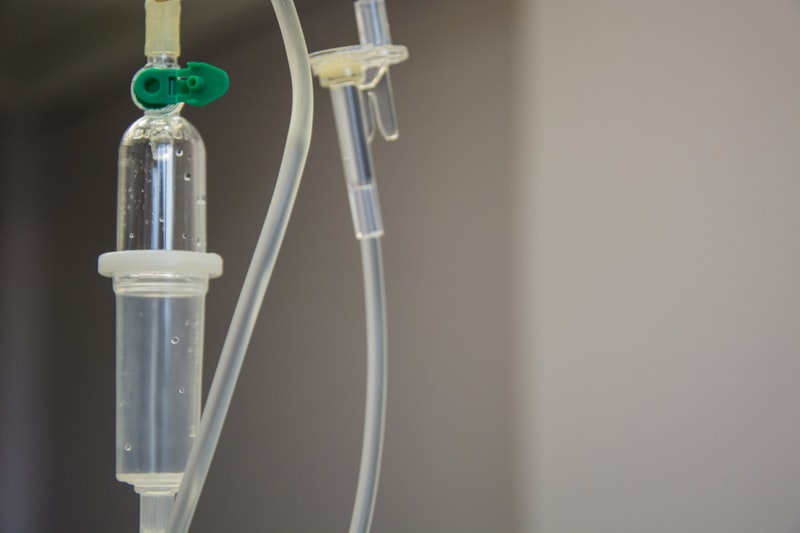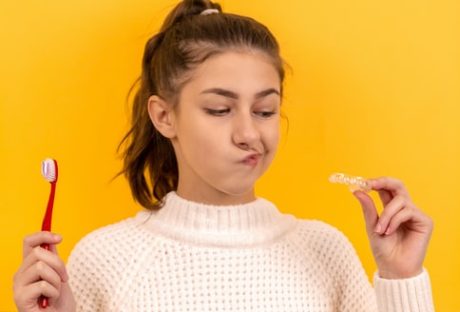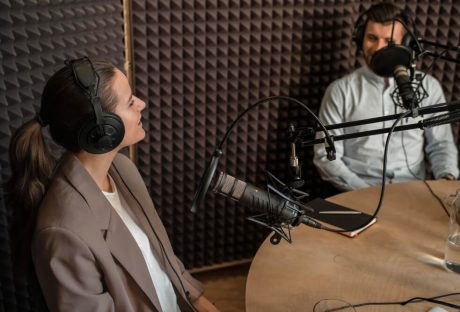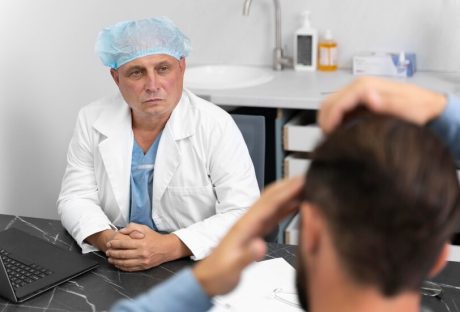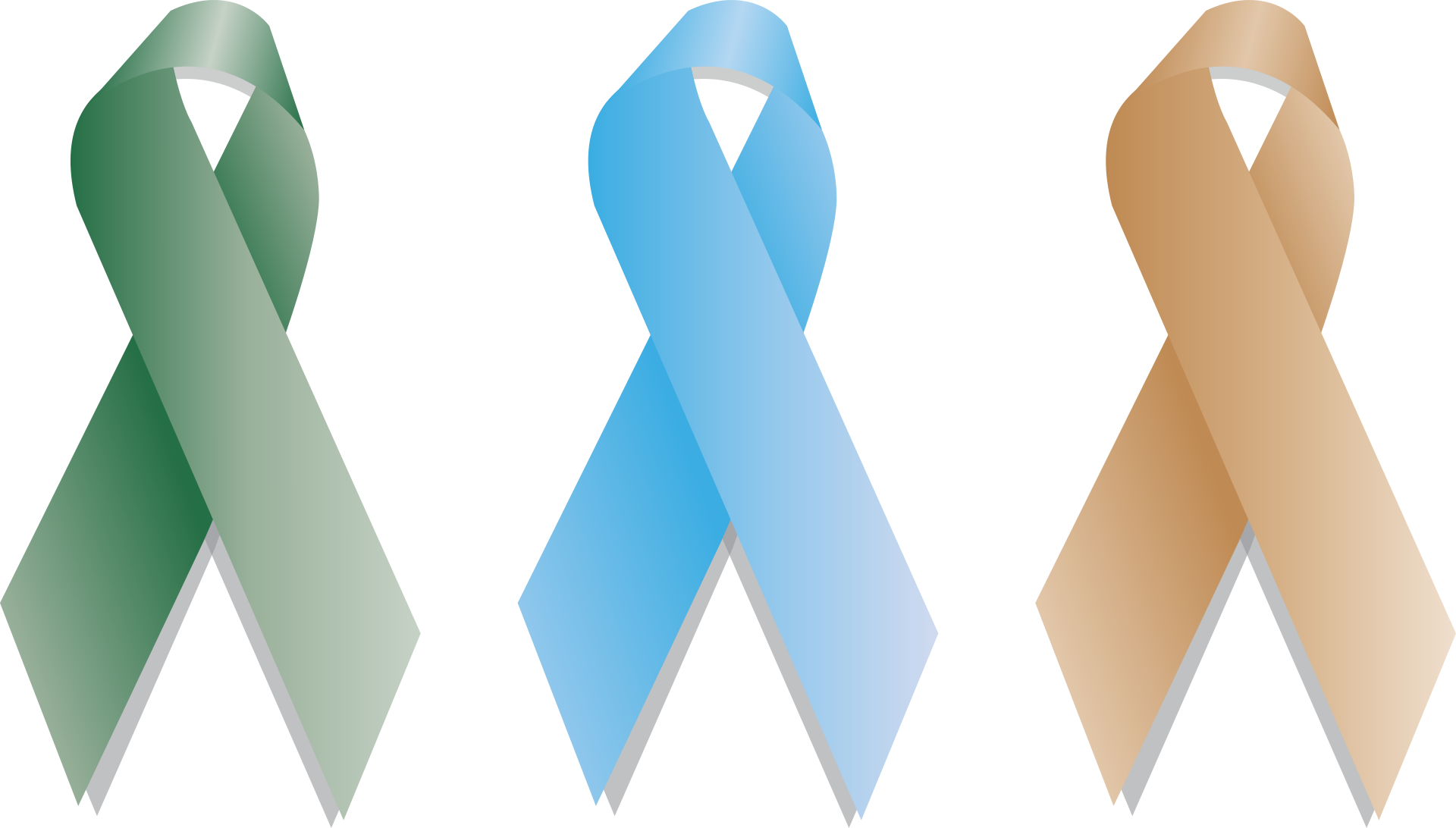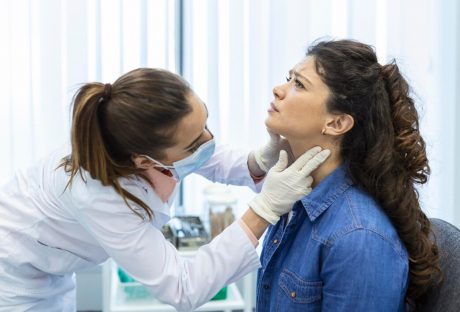The country recently recognized the 20th anniversary of the 9/11 terror attacks. The anniversary brought up many emotions for many people who were directly and indirectly affected on that day.
There are also political issues that were brought to the forefront again.
For example, Congress is currently working to maintain funding for the World Trade Center Health Program, facing a significant funding gap.
There’s a newly proposed bill working its way through Congress that would put an additional $7.3 billion into the fund, keeping it operational for another ten years. After that, the bill calls for a further annual 5% increase.
So what is this program, and what should you know?
Program Basics
The James Zadroga 9/11 Health and Compensation Act of 2010 authorized both the World Trade Center (WTC) Health Program and something called the September 11th Victim Compensation Fund (VCF). Both are intended to serve the survivor and 9/11 responder communities. Each program has its own eligibility criteria, mission, and process for enrollment.
The WTC Health Program provides medical monitoring and treatment for health conditions related to 9/11 for survivors and first responders.
The National Institute for Occupational Safety and Health, part of the Centers for Disease Control and Prevention (CDC), oversees the program, as does the U.S. Department of Health and Human Services (HHS).
The WTC Health program serves responders at the World Trade Center and related sites in New York City, as well as responders to the Pentagon and Shanksville, Pennsylvania sites.
To be covered, a condition has to be certified through the WTC Health Program. A program-affiliated health care provider must treat the condition.
Categories of conditions that may be covered include acute and traumatic injuries, airway and digestive disorders, cancers, mental health conditions, and musculoskeletal conditions.
Covered Conditions
Touched on above were the broad categories of covered conditions. Specifically, conditions include:
- Acute traumatic injuries: These are physical damage to your body. Examples include burns, eye injuries, and head trauma.
- Airway and digestive disorders: These affect your sinuses or lungs or portions of your upper digestive tract. Examples include asthma, chronic respiratory disorder, interstitial lung disease, and reactive airway dysfunction syndrome.
- Cancers: This program includes blood and lymphoid tissue cancers, like lymphoma and leukemia, digestive system cancers, head and neck cancer, and mesothelioma.
- Mental health conditions: Examples of conditions covered under the WTC program are major depressive disorder, generalized anxiety disorder, PTSD, panic disorder, and substance use disorder.
- Musculoskeletal disorders: This category only applies to WTC responders, and it includes low back pain and conditions caused by repetitive joint strain.
Who’s Eligible?
The qualify for the WTC Health Program, you have to be in one of the following categories:
- An FDNY responder: You have to be a member of the Fire Department of New York City who was participating at a minimum of one day in recovery and rescue efforts at any World Trade Center site.
- General responder: This includes volunteers and workers who provided a variety of services following the 9/11 attacks but were not affiliated with the FDNY.
- New York City survivor: You may qualify for the program if you’re someone who was present in the disaster area in New York City following the attacks because of your work, where you lived, child care, adult day care, or school attendance.
- Pentagon and PA responders: for recovery and cleanup workers, volunteers, and emergency responders who were directly involved in the attacks on the Pentagon and near Shanksville, there may be program eligibility.
What Does the Program Provide?
Program participants receive treatment for all certified conditions, and prescription medications are included as part of that. You have to receive health care services through a WTC Health Program-affiliated provider. You can receive benefits without paying deductibles or copays.
Also included are annual health screenings. You can use the qualification of your medical conditions under this program to file a claim for compensation through the September 11 Victim Compensation Fund, which is also federally funded.
In 2015, the program was reauthorized for funding. In 2019, both the WTC Health Program and the Victim Compensation Fund received permanent authorization until October 2090.
Again, as was mentioned above, currently, Congress is hammering out details to make sure the program has the money it needs for the foreseeable future, and experts say that its ending is not an immediate threat. If you could be eligible, it’s essential to look into the requirements and potentially speak to an attorney who can guide you through the process.
Read Also:













